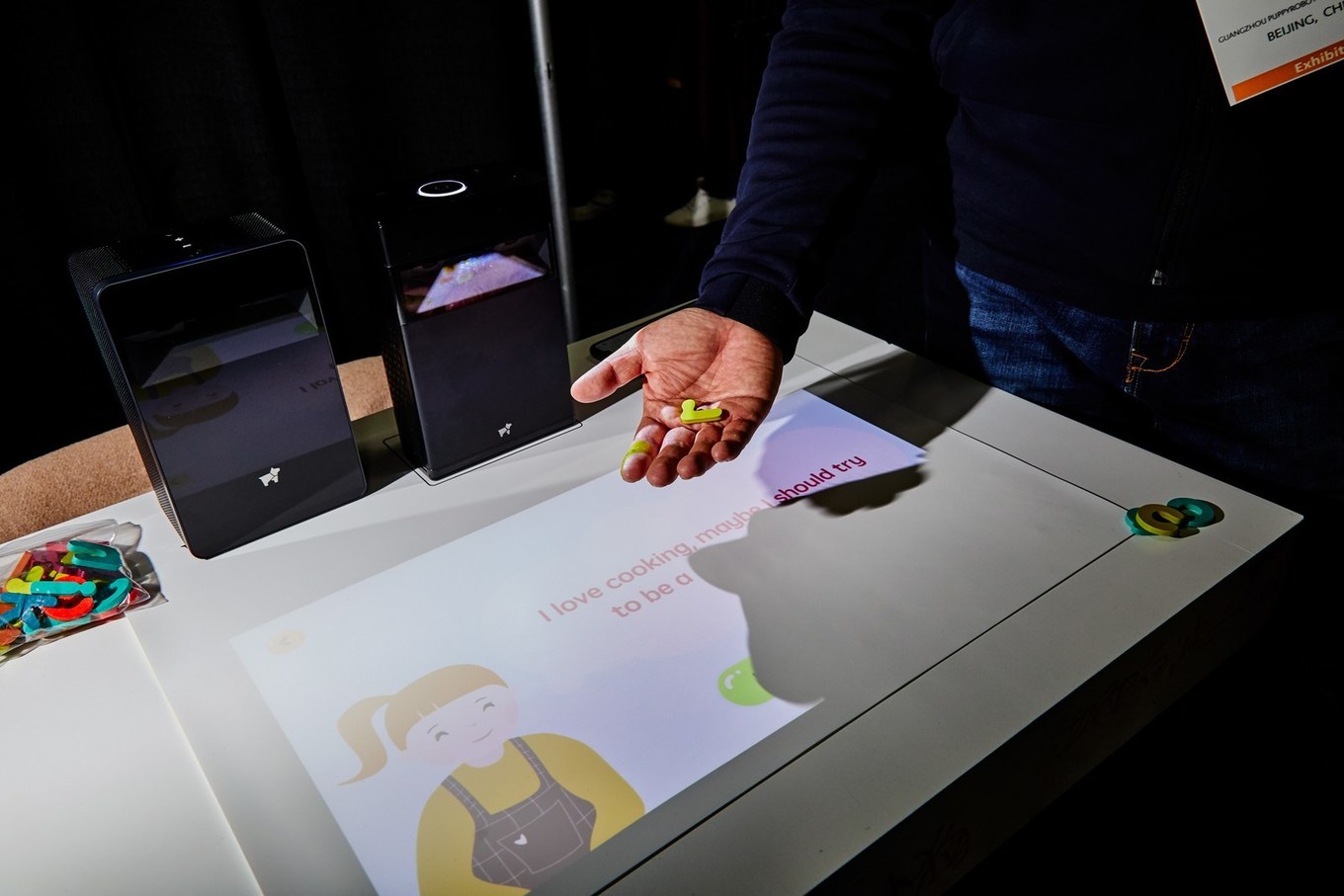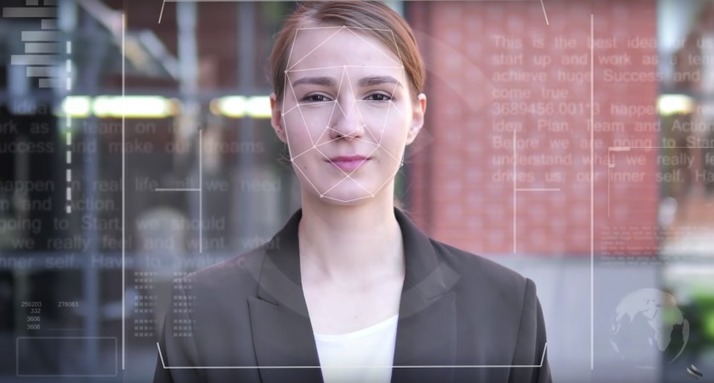Looking for Love? Blockchain to the Rescue
A growing wave of blockchain-based apps are using the distributed ledger to offer services that commit to transparency and safety, even as the broader industry continues to expand. The global dating app industry — with annual revenue of $2 billion and 220 million users globally — is expected to continue to grow by up to 6 percent annually until 2025, making it ideal for innovation. Take Ponder, launched in 2017, which now has 70,000 users. Its blockchain-based service doesn’t just connect people for dates; it also allows others to play matchmaker — and earn from it in cryptocurrency. Every time you are successful in making a match and both the people “like” each other, you earn $10, and if they end up marrying, you can win up to $1,000. Singapore-headquartered Viola.AI uses blockchain to build what it calls a global relationship registry that is transparent, open and accessible to all. The technology creates smart contracts and digital wallets for users that allow Viola.AI to verify their identity, including through visual recognition. Its artificial intelligence engine meanwhile tracks down common interests and backgrounds to find sharper matches than would be possible with standard dating app algorithms. The company had an initial coin offering (ICO) in June 2018. It also has trained relationship experts who offer online advice — for a fee, which you pay in “Violet Tokens” that you purchase from the company.TRUST AND SECURITY COME FROM THE BLOCKCHAIN AS USERS MUST GO THROUGH [WHAT IS EFFECTIVELY] A CIVIC MANAGEMENT PLATFORM.OLIVER DALE, BLOCKCHAIN ANALYSTLike Voila.AI, DateCoin, which had its ICO in May 2018, combines neural networks and AI algorithms with blockchain to promise a more secure and transparent dating experience. These apps are all available on Google Play, Apple’s App Store and a range of Chinese online platforms. And established dating apps are now beginning to acknowledge the potential of blockchain by also turning to the technology. Secretive Hong Kong-based dating app for the ultrarich, Luxy, in 2018 announced that they will accept bitcoin as a mode of payment. The app uses blockchain to verify that those looking to get on the platform are all millionaires. “Many of our clients are in this industry, and accepting [cryptocurrency] is just the first step in integrating this technology with Luxy,” Raffael Krause, head of public relations at Luxy, says of the company’s switch last year. To be sure, it’s early to say just how much these apps will disrupt mega-platforms like Tinder, which gets 1.6 billion swipes a day — that’s more than the population of China. That some of their most sophisticated services need you to pay for them means their audience might stay niche, at least for now. Not everyone — especially men — will be willing to take the trouble of going through extra scrutiny to set up their profiles, experts caution.










